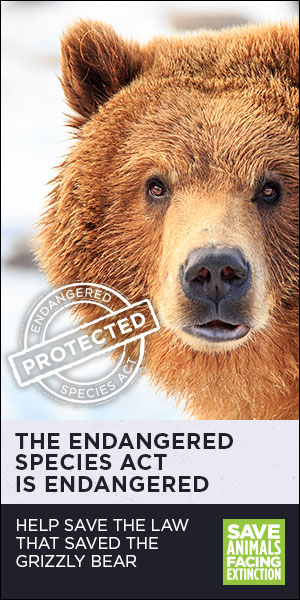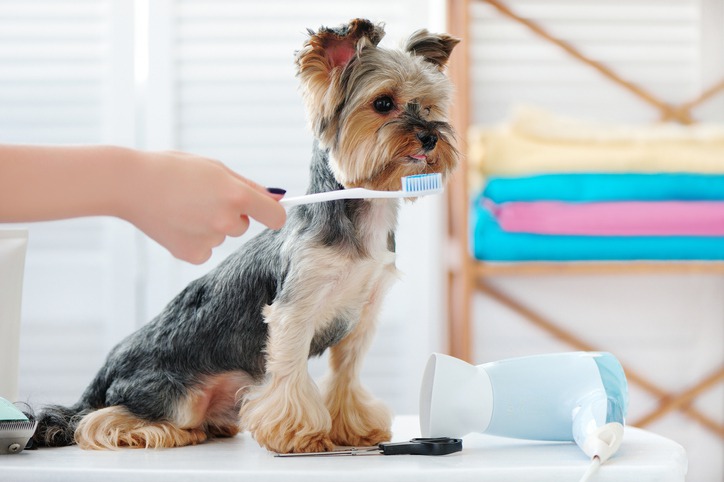You’ve probably heard time and again how important it is to maintain your own dental hygiene, but what about your pets? Just like us, our furry friends need their teeth taken care of to prevent numerous health issues and keep them happy and healthy. But when exactly are dental cleanings needed for pets? Sit back, and we’ll walk through everything you need to know about your pet’s dental health and the perfect time for a professional clean.
Understanding Your Pet’s Oral Hygiene
Caring for our pet’s pearly whites goes beyond a sparkling smile; it’s essential for their overall well-being. Dental issues in pets can lead to or be a sign of underlying health problems. It’s crucial to know the signs of dental distress and the preventive measures we can take.
Recognizing Dental Health Issues
Keep a lookout for tell-tale signs that suggest it’s time for a dental check-up:
-
Bad breath that could clear a room
-
Difficulty eating or showing disinterest in food
-
Red, swollen, or bleeding gums
-
Yellow or brown tartar build-up on the teeth
-
Pawing at the mouth or drooling more than usual
Spotting these symptoms can help prevent more serious conditions, such as periodontal disease, which can affect your pet’s organs and overall health.
Dental Disease: A Common Culprit
Dental disease is exceedingly common in pets, often going unnoticed until it’s too late. Bacteria and food debris accumulate around the gum line, forming plaque. If left untreated, it turns into tartar, and that’s where the trouble starts. The tartar can cause gum irritation and lead to periodontal disease.
Preventive Measures and When to Take Action
Prevention is always better than cure, and the same holds true for pet dental care. Let’s go through some preventive measures:
-
Regular brushing of your pet’s teeth
-
Providing dental treats and toys designed to reduce plaque
-
Feeding a diet that supports dental health
-
Regular oral examinations by you or a professional
Despite our best efforts, our pets might still need professional dental cleaning sometimes. This is typically the case when:
-
You notice a significant tartar build-up or a change in gum color.
-
Your pet has persistent bad breath despite regular home care.
-
There’s a visible sign of discomfort while they eat or chew.
A dental cleaning might seem straightforward, but it’s a comprehensive procedure that usually requires anesthesia. This enables a deep cleaning both above and below the gum line, ensuring your pet’s dental health is thoroughly addressed.
The Value of Professional Dental Cleanings
When it’s time for a professional cleaning, you might wonder what that entails. A typical dental clean for your pet will include:
-
An initial oral examination
-
Removal of plaque and tartar build-up
-
Polishing the teeth to smooth out any rough spots
-
An inspection for any signs of dental disease or other issues
Expert vets, like a vet dentist in Ketchum, can help not only clean your pet’s teeth but also catch any early signs of potential dental diseases.
The Anesthesia Debate and Safety
Some pet owners worry about the safety of anesthesia during dental cleanings. Modern veterinary practices have sophisticated protocols and monitoring systems to ensure your pet’s safety during these procedures. A pre-anesthetic exam and possibly blood tests will be conducted to assess your pet’s health beforehand.
Post-Cleaning Care and Observation
After a dental cleaning, you’ll want to keep an eye on your pet. There may be some grogginess as the anesthesia wears off, and your vet may provide specific dietary instructions or recommend a follow-up visit to ensure everything is healing nicely. Observing your pet in the days following a dental procedure helps guarantee they bounce back swiftly and without complications.
Yearly Check-Ups and Professional Advice
Regular veterinary check-ups are fundamental in maintaining your pet’s overall health, including dental wellness. Your vet can offer personalized advice based on your pet’s breed, age, and health condition. Professionals suggest annual dental check-ups; however, some pets may require more frequent visits, especially if they’re prone to dental issues.
Building a Relationship with Your Vet
Having a rapport with your vet provides a wealth of benefits for your pet’s health. Open communication with your vet can lead to earlier detection and treatment of potential problems. Whether it’s concerns about your pet’s teeth or questions about vet acupuncture as a treatment for other conditions, your vet is there to provide guidance and care.
The Broader Spectrum of Pet Wellness
Dental health doesn’t exist in a vacuum—it’s part of your pet’s overall health regimen. Keeping up with other preventative care aspects, like vaccinations, is crucial for a healthy life. Being proactive about your pet’s health, including kitten and puppy shots, is a cornerstone of responsible pet ownership.
Tailoring Dental Care to Your Pet
No two pets are the same, and their dental care will differ as well. Factors that affect dental health include:
-
Breed and genetics
-
Diet and nutrition
-
Chewing behavior
-
Age and general health status
Consulting with your vet allows you to create a dental care routine that’s as unique as your pet’s. They can provide feedback on how often dental cleanings should occur and whether there are any breed-specific dental issues to watch for. Remember, individual care is the key.
Wrapping Up
Ensuring the longevity and happiness of our pets depends on their dental care. Be vigilant for signs of oral issues, maintain regular home dental hygiene, and don’t hesitate to get professional assistance. Dental cleanings are crucial, just like the affection we show our pets. Stay proactive with your furry friend’s oral upkeep alongside the usual snuggles and games. Always consult your vet for check-ups or if you spot any troubling signs, as they’re a key ally in preserving your pet’s overall health and ensuring a beaming, healthy smile.


